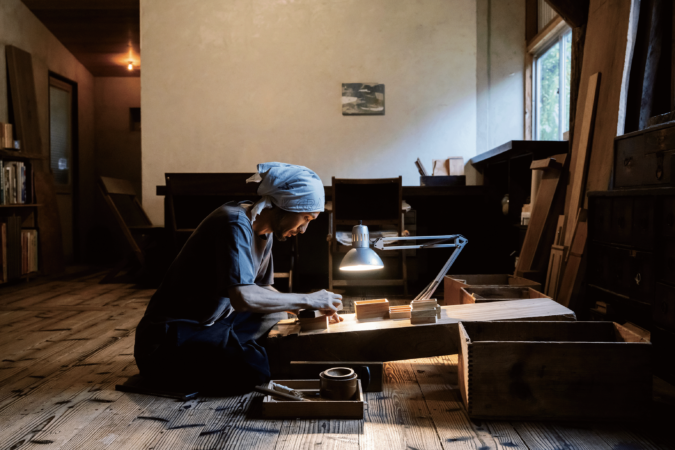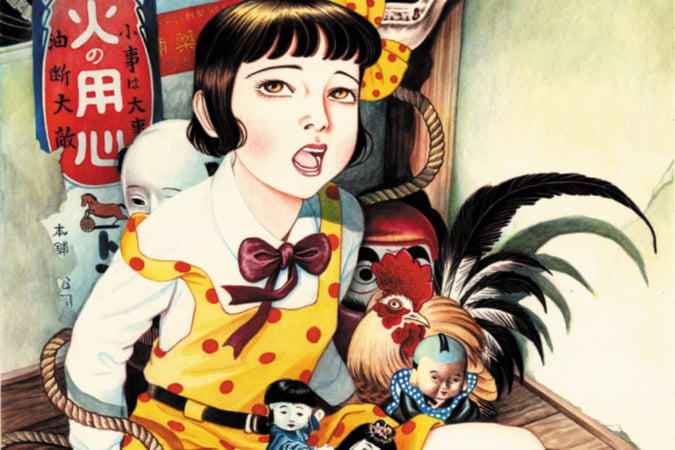At Senchado in Tokyo, an Algorithm Guides the Tea-Drinking Experience
Choosing a tea is not always an easy task, but this boutique offers a solution through a clever classification and colour-based system.
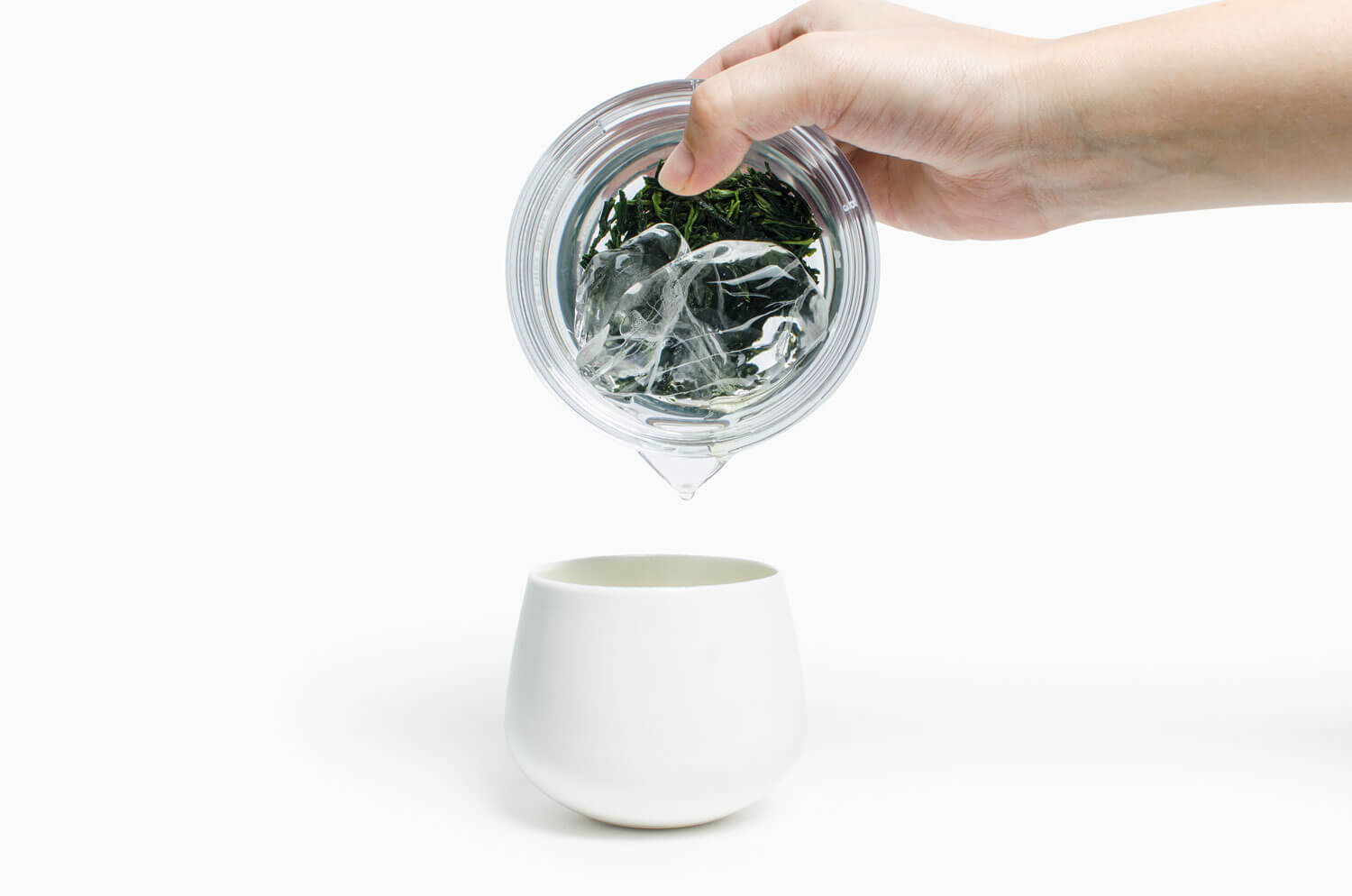
LUCY ALTER DESIGN, inc.
Its name is Senchado, and its speciality is sencha, the most popular type of green tea in Japan. At Senchado, customers enjoy a top of the range version, and the experience is key. The establishment has decided to take a modern approach, however. A unique algorithm is used to group the teas according to their flavours and strengths. Each one is then attributed a colour to reflect its taste. This allows customers, particularly novices, to understand the properties of the different teas.
Reinventing the teapot
The boutique also sells a reinvented version of the teapot. Traditionally, the Japanese use a kyusu, a teapot that often has a handle on the side, but Senchado has introduced the concept of ‘ultimate simplicity’ with its Toumei Kyusu. This new-generation, transparent teapot breaks with the 260-year-old conventions, particularly by removing the handle, as this teapot is not hot to the touch.
More information about Senchado can be found on the boutique’s website.
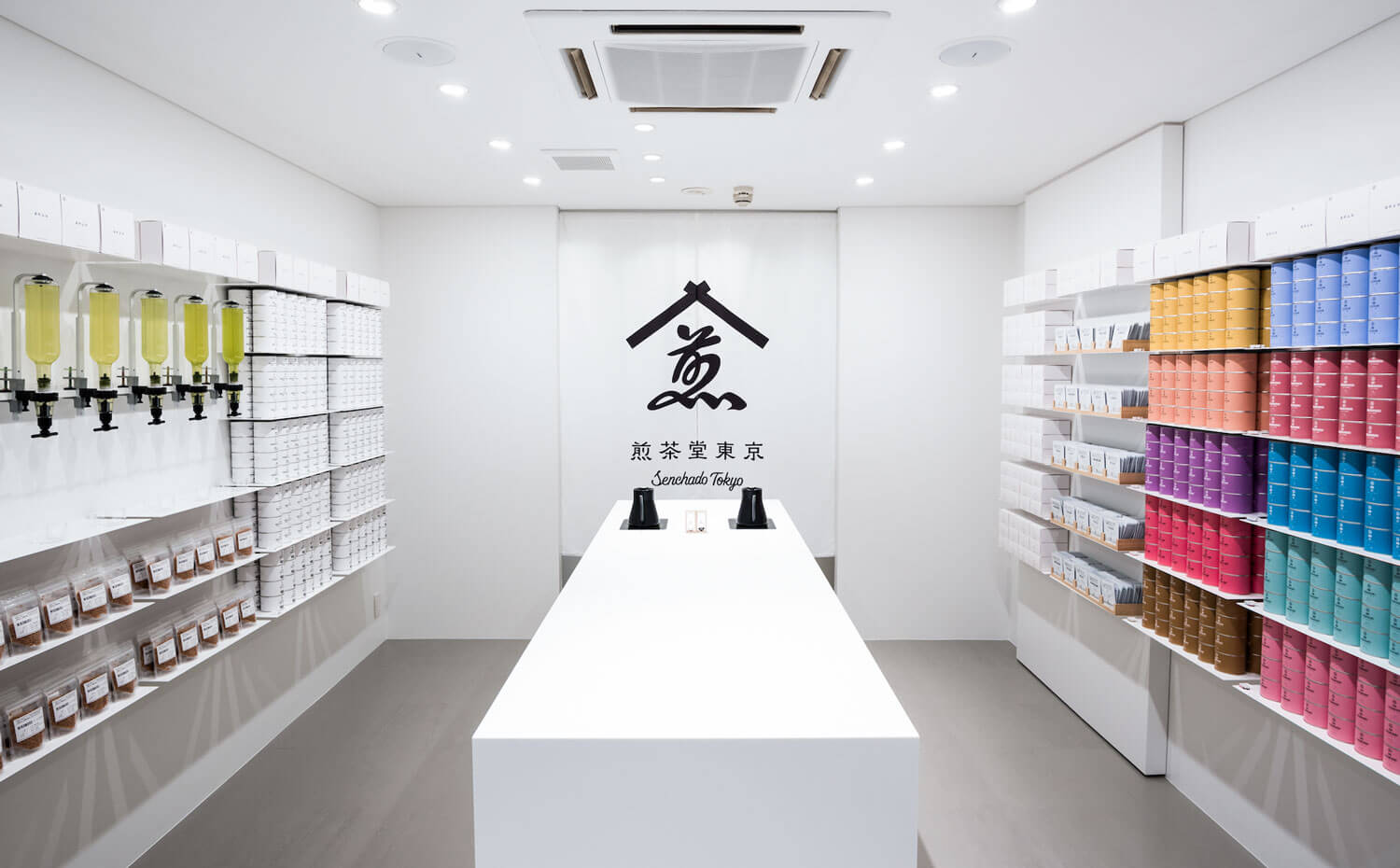
LUCY ALTER DESIGN, inc.
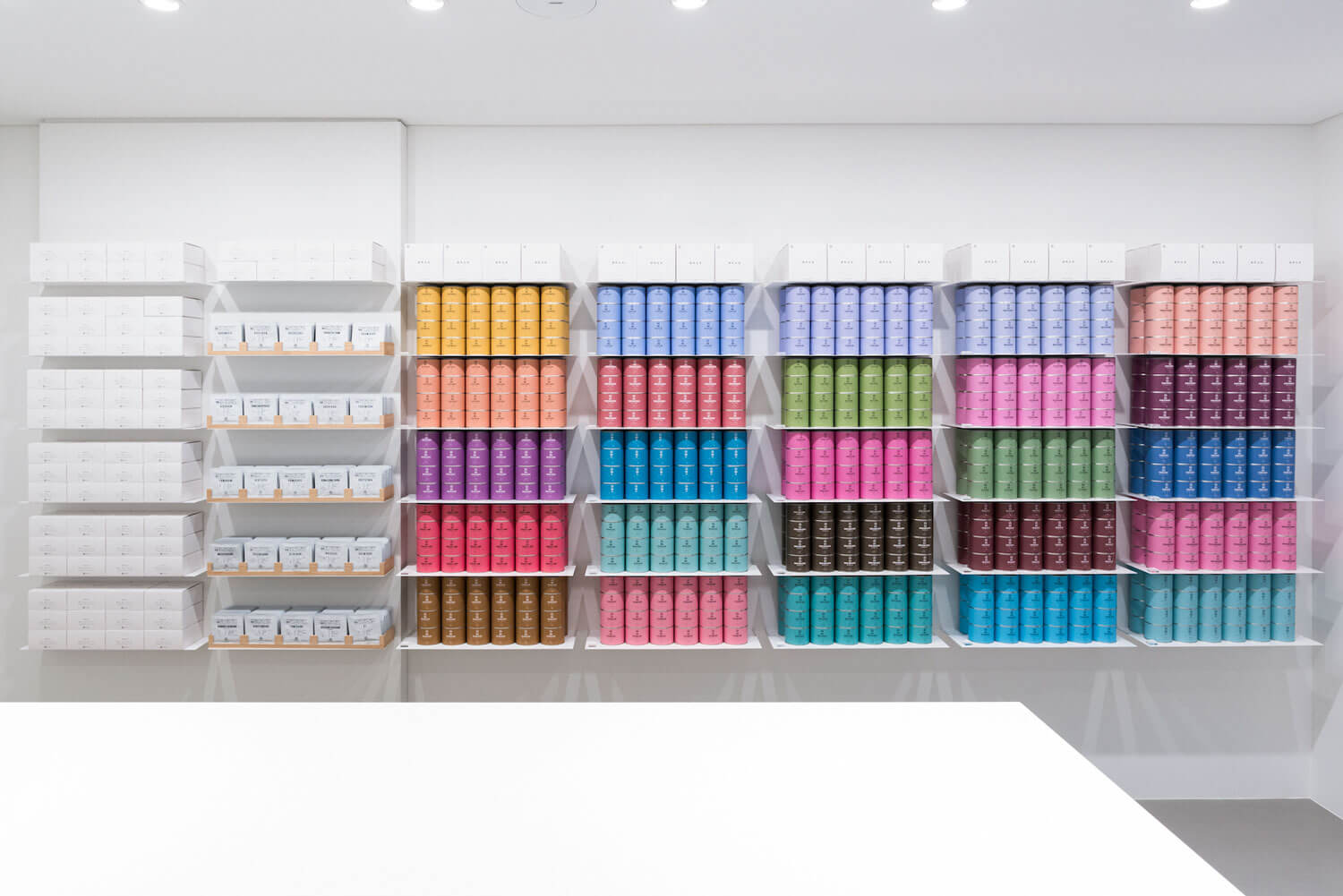
LUCY ALTER DESIGN, inc.
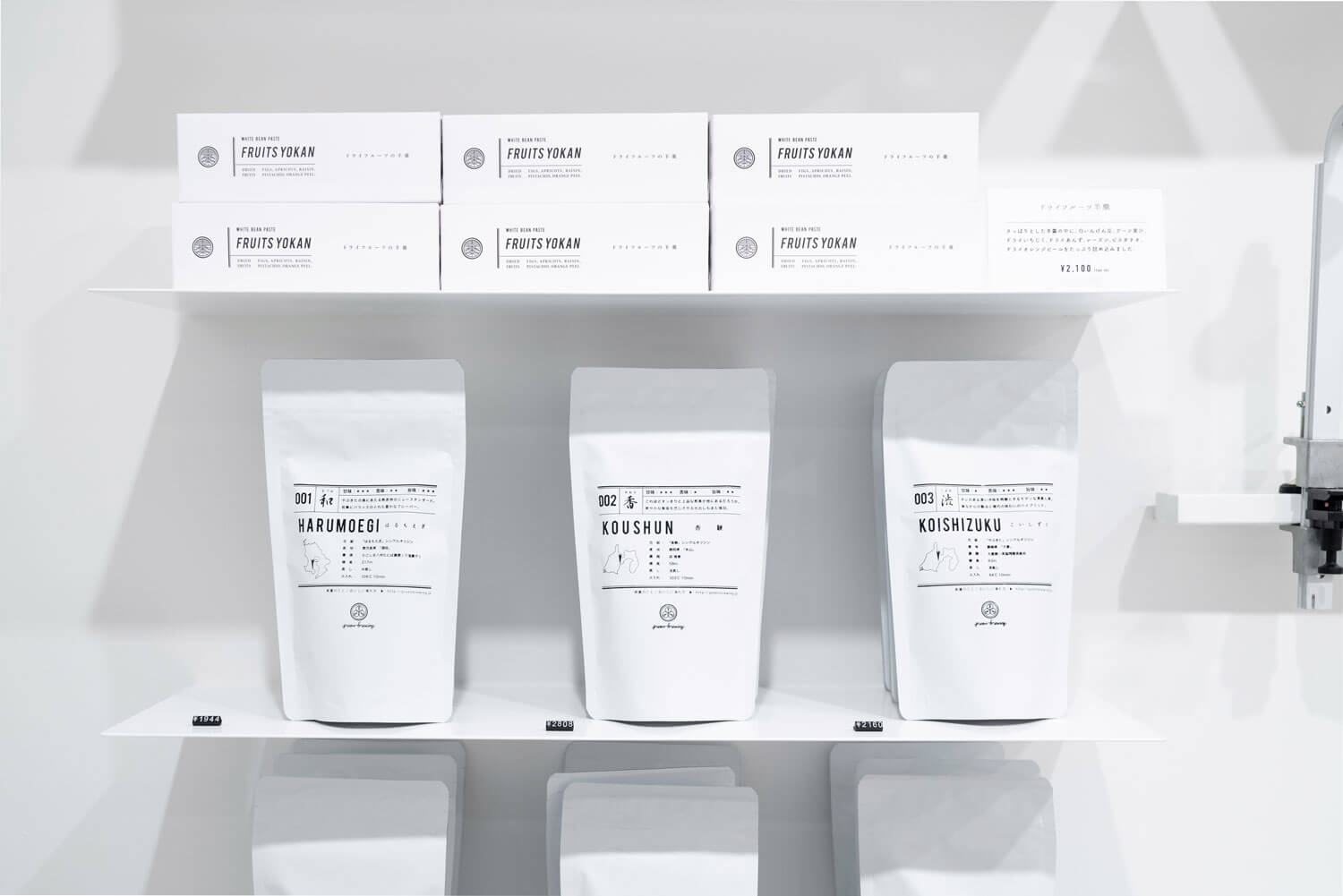
LUCY ALTER DESIGN, inc.

LUCY ALTER DESIGN, inc.
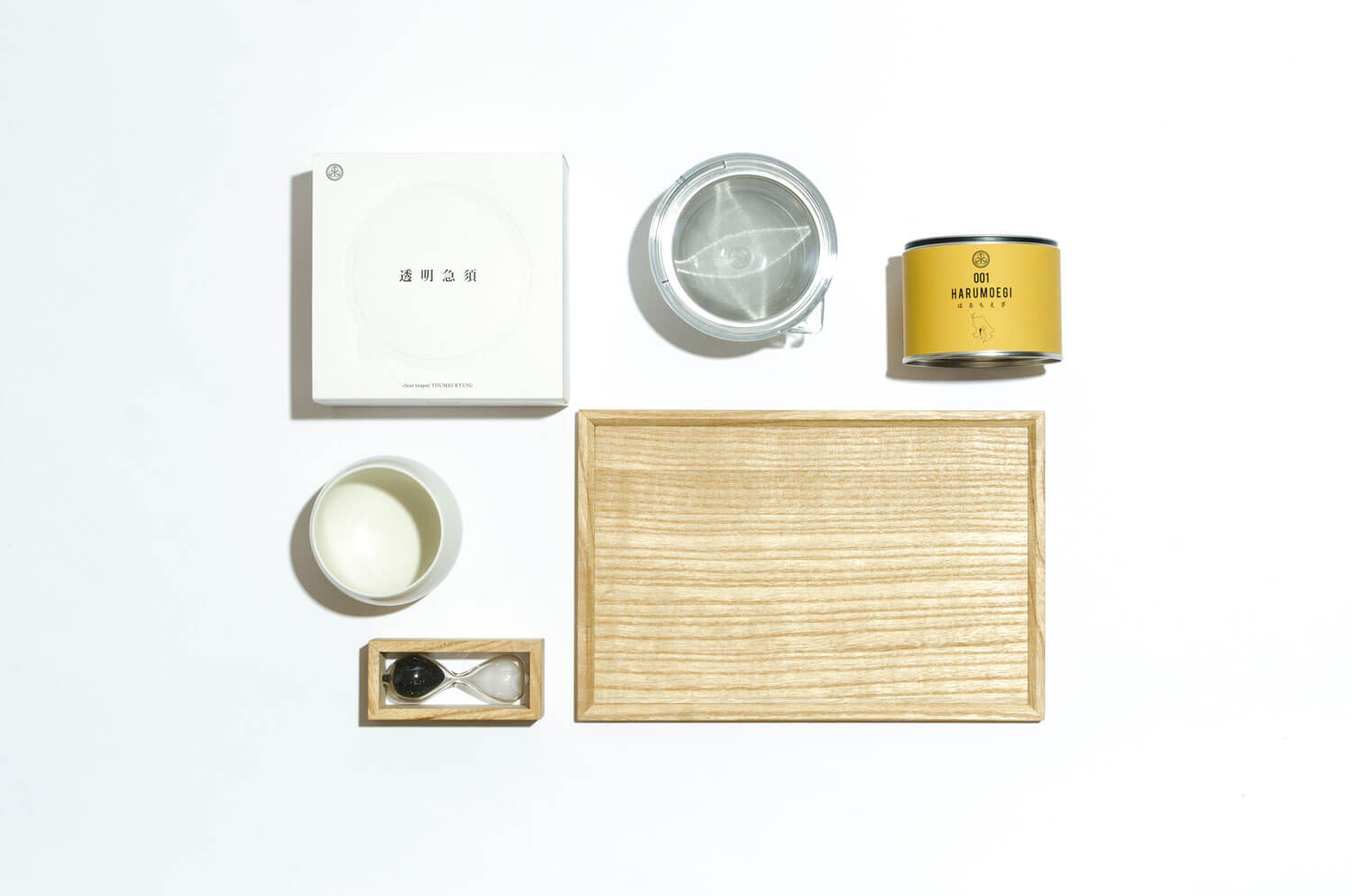
LUCY ALTER DESIGN, inc.
TRENDING
-
Hiroshi Nagai's Sun-Drenched Pop Paintings, an Ode to California
Through his colourful pieces, the painter transports viewers to the west coast of America as it was in the 1950s.

-
A Craft Practice Rooted in Okinawa’s Nature and Everyday Landscapes
Ai and Hiroyuki Tokeshi work with Okinawan wood, an exacting material, drawing on a local tradition of woodworking and lacquerware.

-
The Tattoos that Marked the Criminals of the Edo Period
Traditional tattoos were strong signifiers; murderers had head tattoos, while theft might result in an arm tattoo.

-
‘Shojo Tsubaki’, A Freakshow
Underground manga artist Suehiro Maruo’s infamous masterpiece canonised a historical fascination towards the erotic-grotesque genre.

-
‘Seeing People My Age or Younger Succeed Makes Me Uneasy’
In ‘A Non-Conformist’s Guide to Surviving Society’, author Satoshi Ogawa shares his strategies for navigating everyday life.


